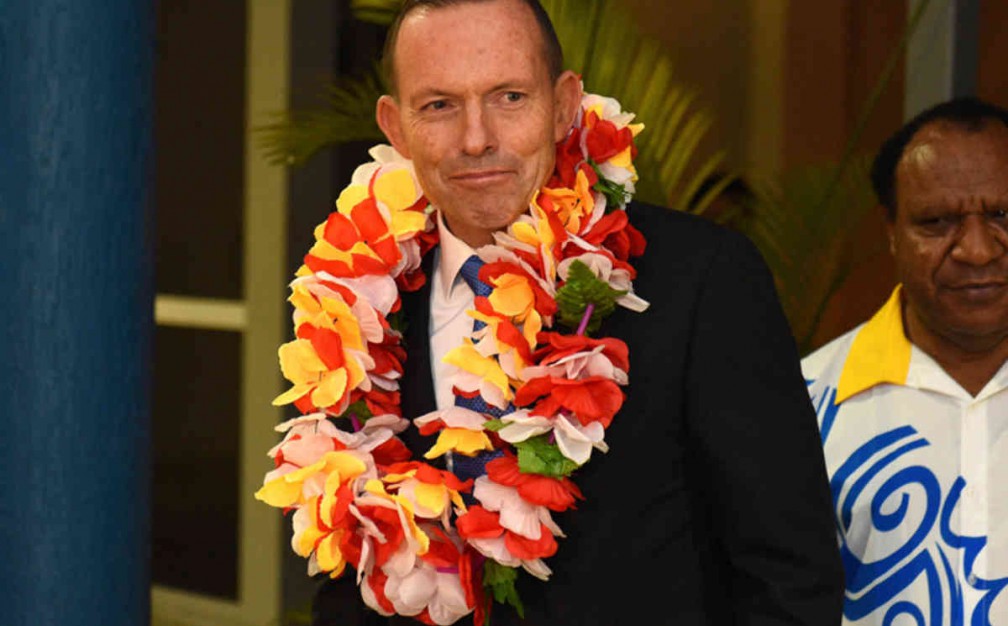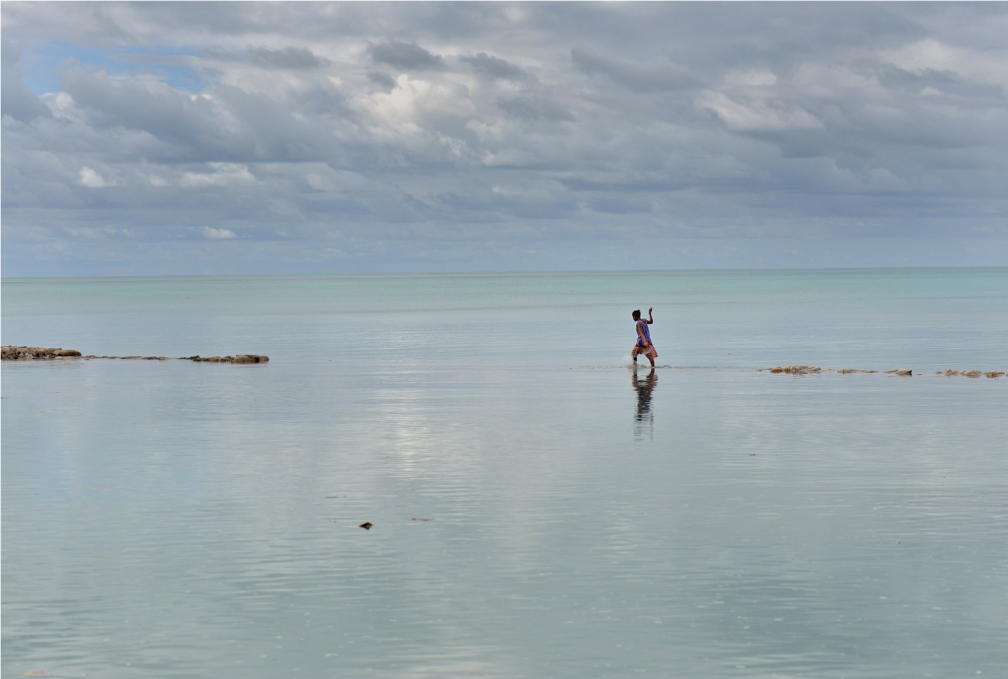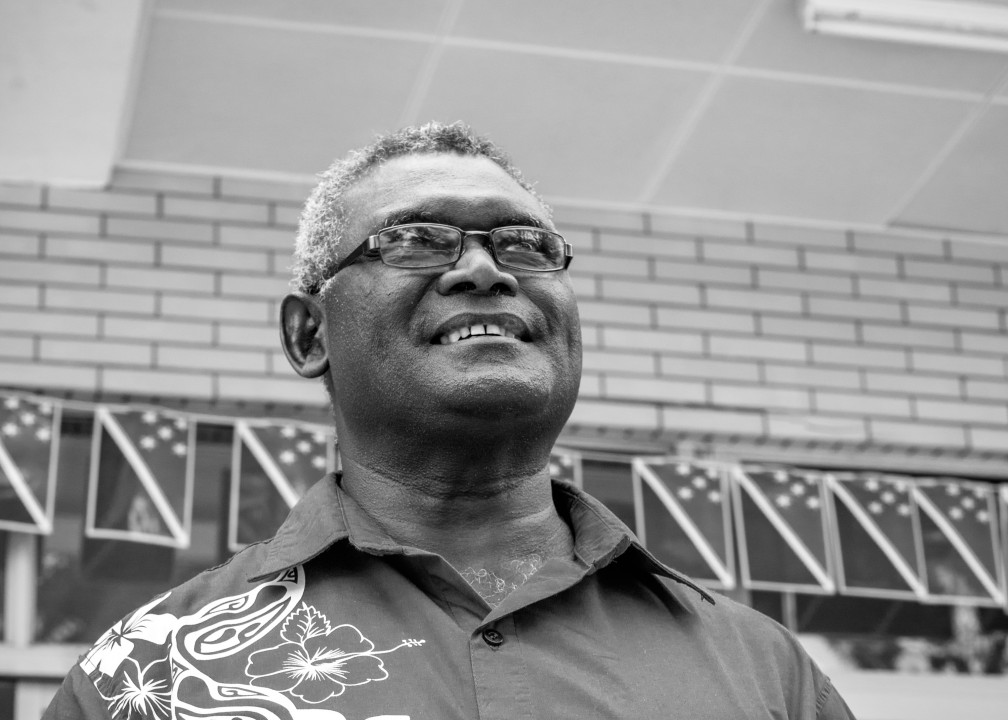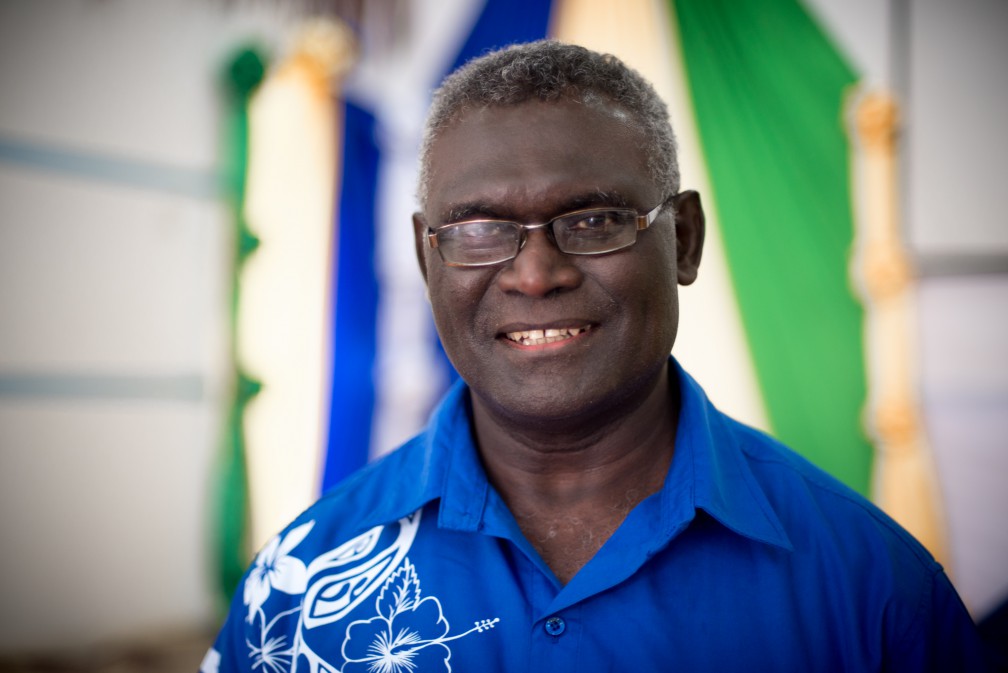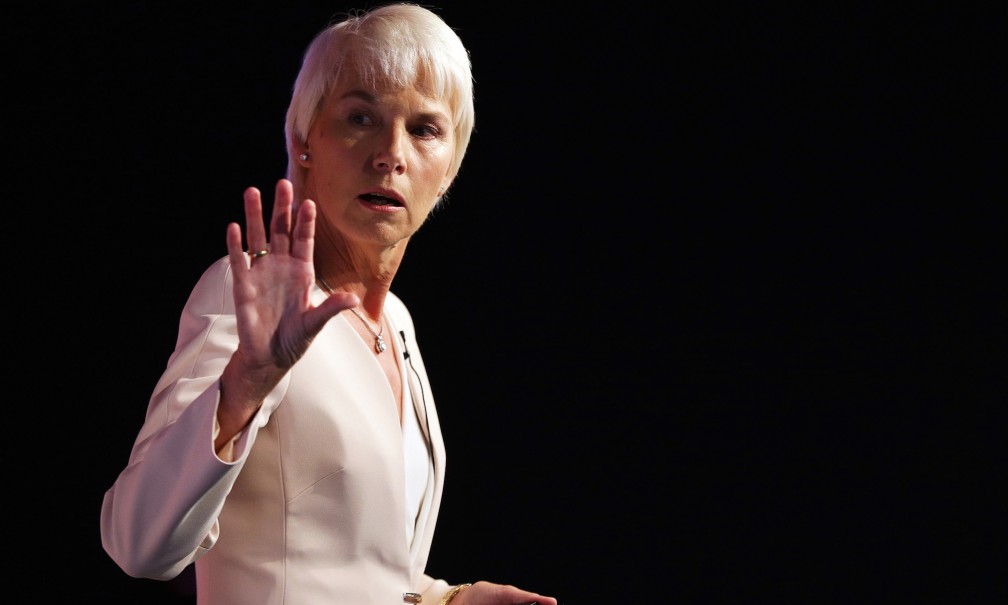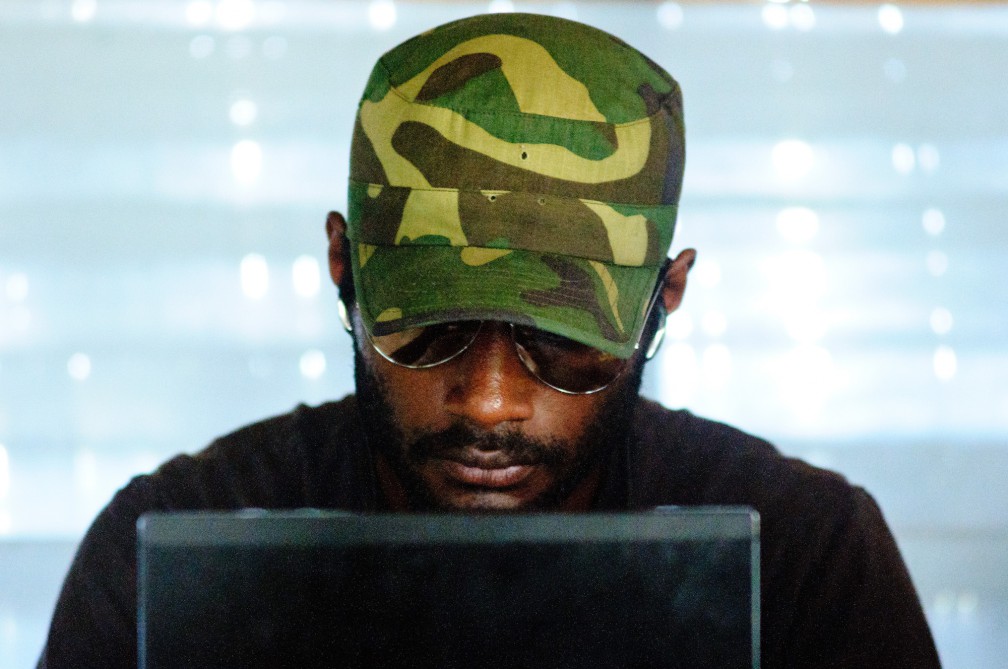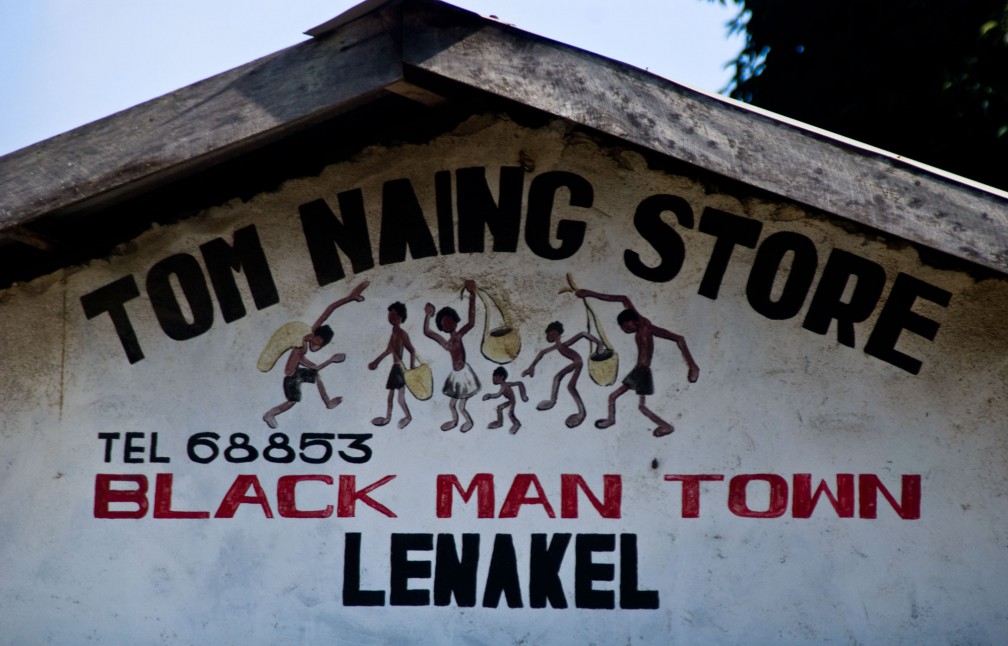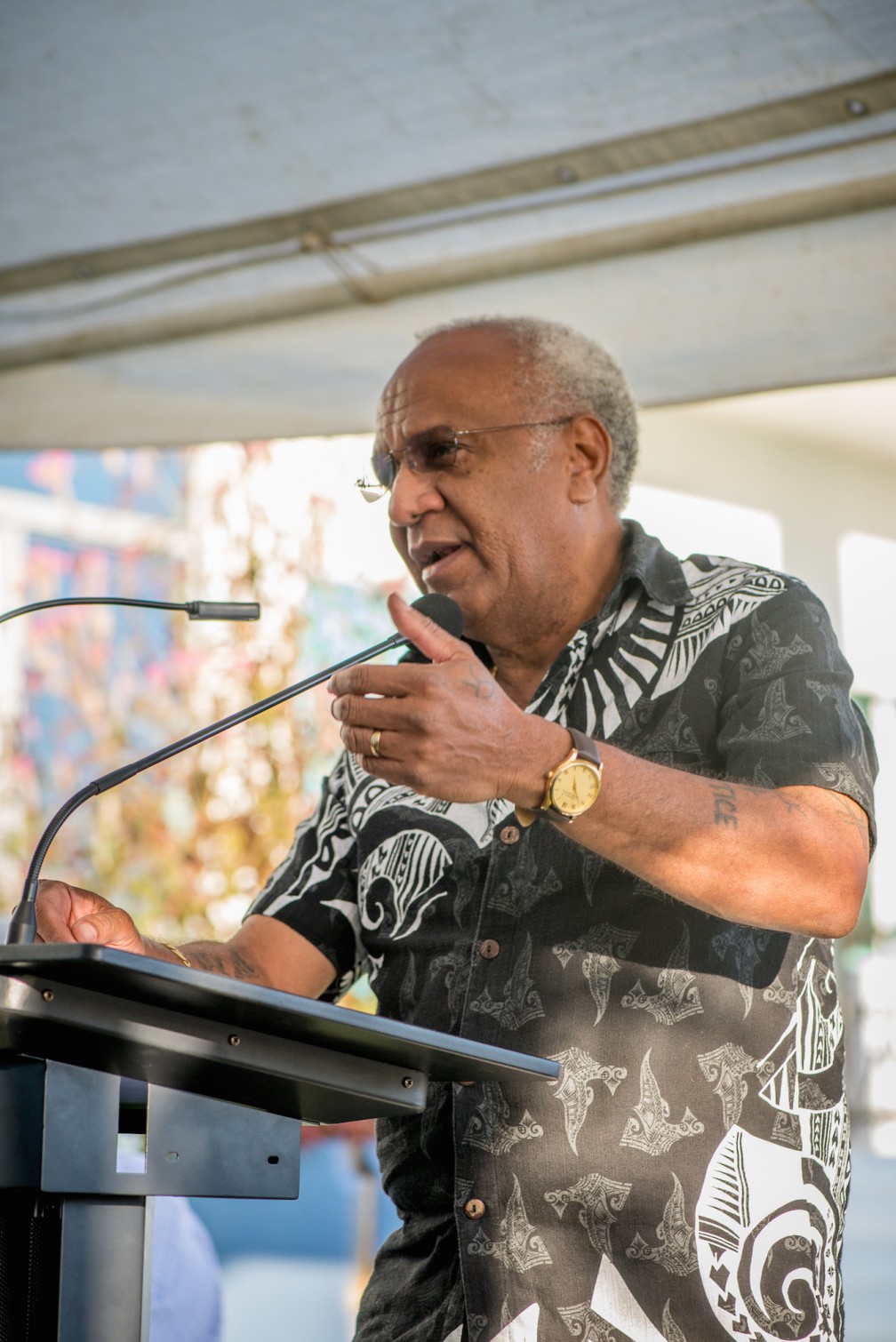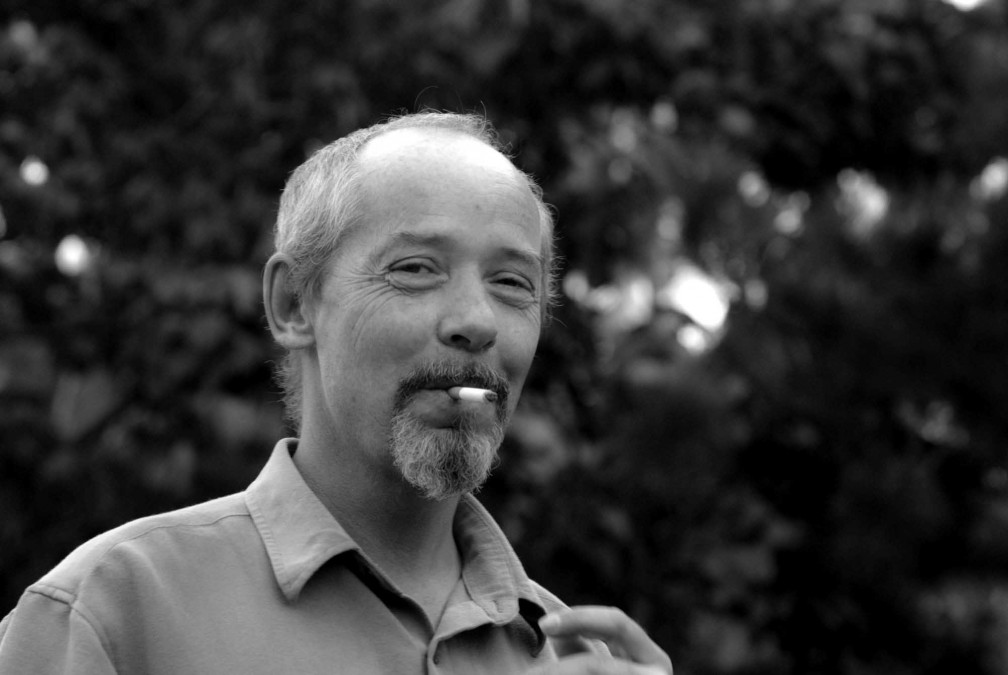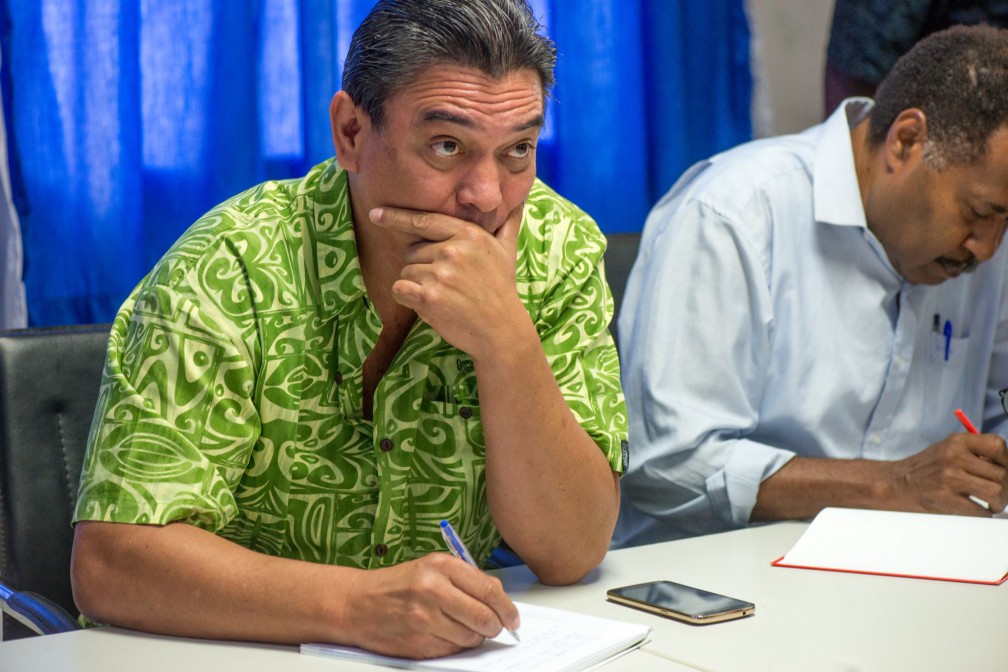The Pacific Islands Forum has once again demonstrated that it cannot represent the interests of both the developing and the developed world. The climate change ‘commitment’ in final PIF communiqué was watered down (sorry) from supporting a limit of 1.5 degrees average global temperature rise to ‘1.5 or 2’ degrees.
If there were any lingering doubts about whose Forum this really is, they’ve now been put to rest. It’s time the real island states in the Forum either send Australia and New Zealand packing or find another grouping that is willing at least to allow them their own voice.
This is no longer a matter of principle; it’s a matter of survival.
Our front page yesterday featured a story about a two year-old Tannese girl who died, in part because of the after-effects of cyclone Pam and the ongoing El Nino-induced drought. She and her fellow villagers were reduced to eating Nipatem, a local vine. It grows as a weed in gardens, but when boiled it is sweet to chew. It’s of very limited nutritive value; the fibre has to be chewed, then spit out, somewhat like sugarcane.
Students and staff at Tongoa’s Nambangasale School have no choice now but to walk all the way down to the seashore every day to wash. There’s only barely enough water to drink. Nearby Tongariki is even worse off. It has no streams or rivers. The water tank at Craig Cove is dry.
Private charities like WITA Aid are doing what they can to mitigate water shortages in the Shepherds group. And while CARE, Save the Children, UNICEF, Oxfam and others do their best to address both safe access to water & sanitation and food security, they are ultimately hamstrung when privileged nations refuse the play their part.
In the absence of global action, all they can do is offer comfort to a dying planet. Continue reading

